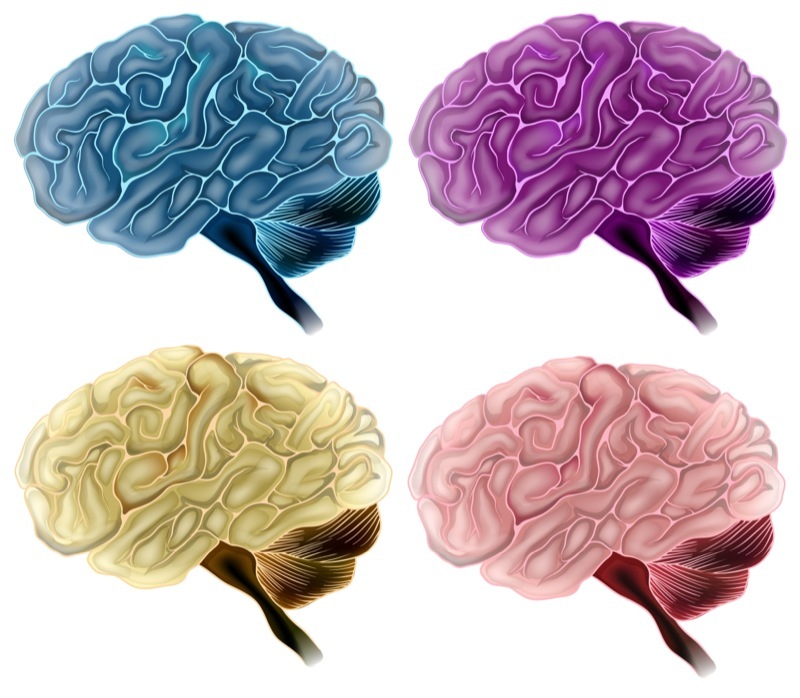Anti-Tau Clinical Trials for PSP May Shed Light on Alzheimer’s, Other Diseases

Progressive supranuclear palsy is a brain disease that causes difficulty with walking, balance, and eye movements. The nonprofit CurePSP is dedicated to finding treatments and a cure for the disease, but its mission also extends beyond PSP.
By initiating clinical trials to study PSP as well as head injury due to concussion, the organization’s leaders believe they can open doors to treat other neurological diseases, including Alzheimer’s.
PSP is characterized by the accumulation of a protein known as tau, which also builds up in an abnormal form in the brains of people with Alzheimer’s disease. It may be responsible for neuronal death that occurs in many neurological diseases, known as tauopathies.
CurePSP supports several clinical trials, including a Phase 1 trial of an experimental drug known as BMS-986168 and another Phase 1 trial for an anti-tau drug known as C2N-8E12 for PSP. These medications are designed to clear tau from the brain. If they work in PSP, the next step could be to test them in Alzheimer’s patients.
Dr. Alex Klein, vice president of scientific affairs for CurePSP, spoke to Alzheimer’s News Today in an exclusive interview.
“PSP has become a model disease. If this works in PSP the hope is that once we have the mechanism we can go to other diseases,” Klein said. “If we can clear those proteins in a faster and better way, that would reduce the tau load and would decrease the misfolding of beta-amyloid.” Beta-amyloid is another protein involved in the neuronal cell death that occurs in Alzheimer’s disease and may be affected by aberrant tau protein.
CurePSP is also interested in helping find treatments for people with brain damage due to concussion. Repeated head injuries, such as those experienced by professional athletes, can cause a condition known as chronic traumatic encephalopathy (CTE). Tau builds up in the brains of people with this disease, as well. CurePSP sees CTE as another model disorder. “Going through PSP and CTE trials will help a lot of diseases” in addition to finding treatments for the conditions themselves, Klein said.
According to the organization’s website, “CurePSP is the leading nonprofit advocacy organization focused on prime-of-life neurodegenerative diseases, a spectrum of fatal brain disorders that often strike during a person’s most productive and rewarding years. Understanding the causes of and treatments for neurodegenerative brain diseases is one of the great healthcare imperatives of the 21st century, and CurePSP is a pioneer in this effort.”






